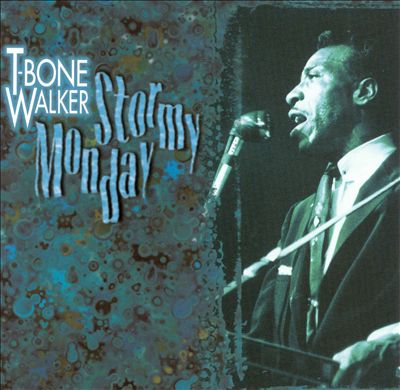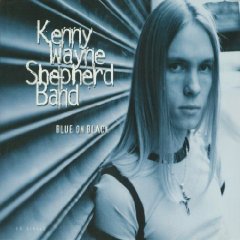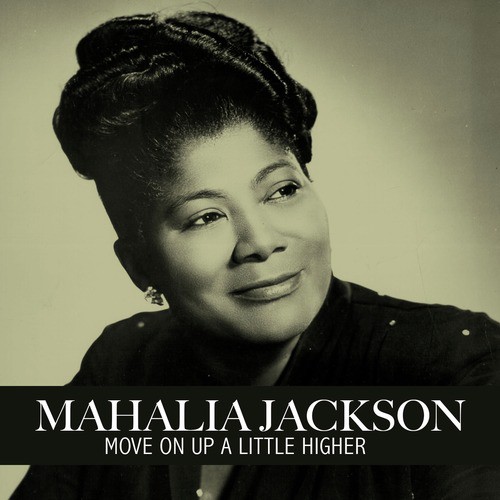Titanic (soundtrack) |
|
Released: November 18, 1997 Peak: 116 US, 13 UK, 111 CN, 111 AU Sales (in millions): 12.0 US, 1.0 UK, 30.0 world (includes US and UK), 36.56 EAS Genre: film score |
Tracks:Song Title (date of single release, chart peaks) Click for codes to charts.
|
Rating:4.215 out of 5.00 (average of 18 ratings)
Awards:(Click on award to learn more). |
About the Album:There have certainly been iconic instrumental themes associated with movies in the past – who doesn’t know the mencing thump from Jaws or the majestic sweep of Star Wars? Still, no full-fledged movie score has been more successful than James Horner’s Titanic. Much like “director James Cameron’s 20th-century melodrama,” AZ the soundtack became a commercial juggernaut the likes of which no one had seen before.Horner’s Academy-winning “score is grand, without falling into typical melodrama, and delicately romantic, without being sickly sentimental; it offers genuine emotion and excitement, with the haunting vocals of Norwegian singer Sissel providing a nice counterpoint to Horner’s blend of strings, vocals, orchestras, and synthesizers.” AM “And what can we say about Celine Dion’s My Heart Will Go On; would ‘ubiquitous’ suffice?” AZ The song “may feel a little like an afterthought, especially after experiencing Horners wrenching, affecting score, but its heart is in the right place.” AM The song bears the unique distinction of propelling two albums to the top of the charts. It wasn’t surprising that Dion’s Let’s Talk about Love topped the charts, but “Titanic was the first soundtrack to reach the No. 1 slot on the Billboard charts in two decades.” AZ If that wasn’t enough, the song also pushed both albums to 30 million in sales globally. “Nevertheless, it is Horner’s instrumental work and its whirlwind of emotions that makes the score of Titanic a voyage worth repeating.” AM “Horner’s combination of synths, chorale, and orchestra perfectly underscores the action…It’s a finely honed piece of Hollywood craftsmanship from a composer who has tackled more musically adventuresome projects in his career.” AZ |
Reviews:
Related DMDB Links:First posted 4/28/2010; last updated 7/17/2025. |











